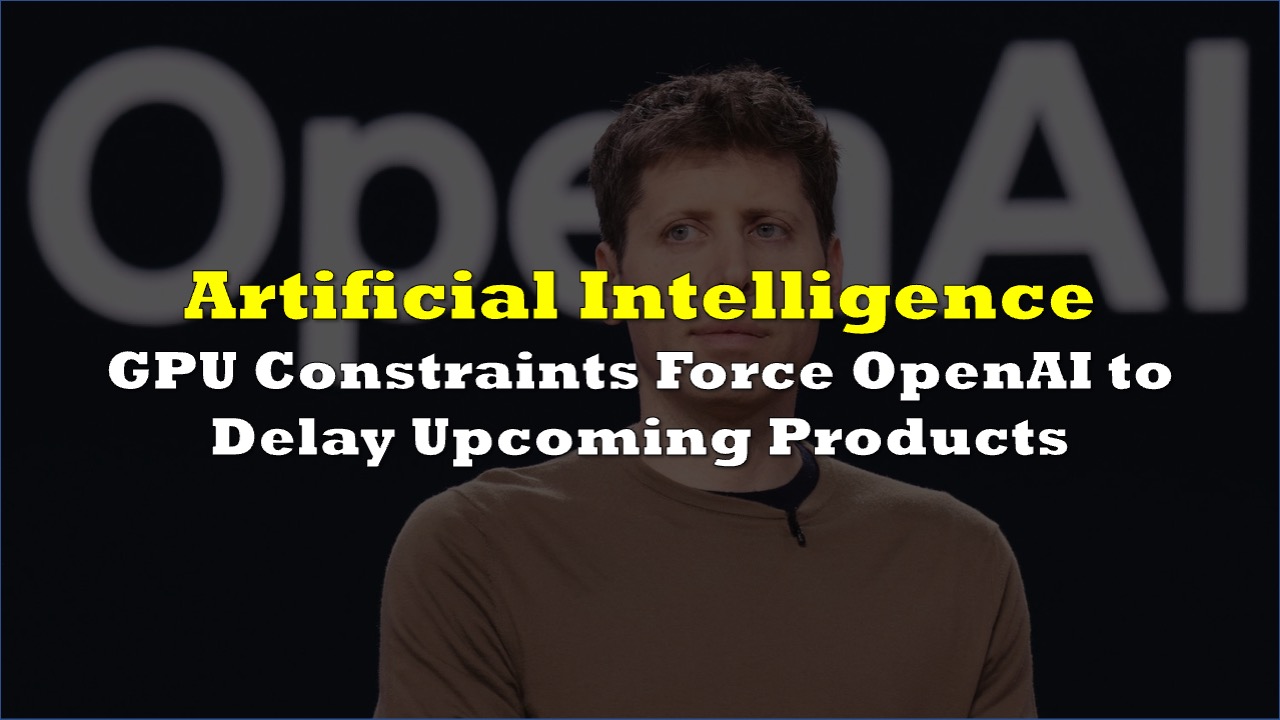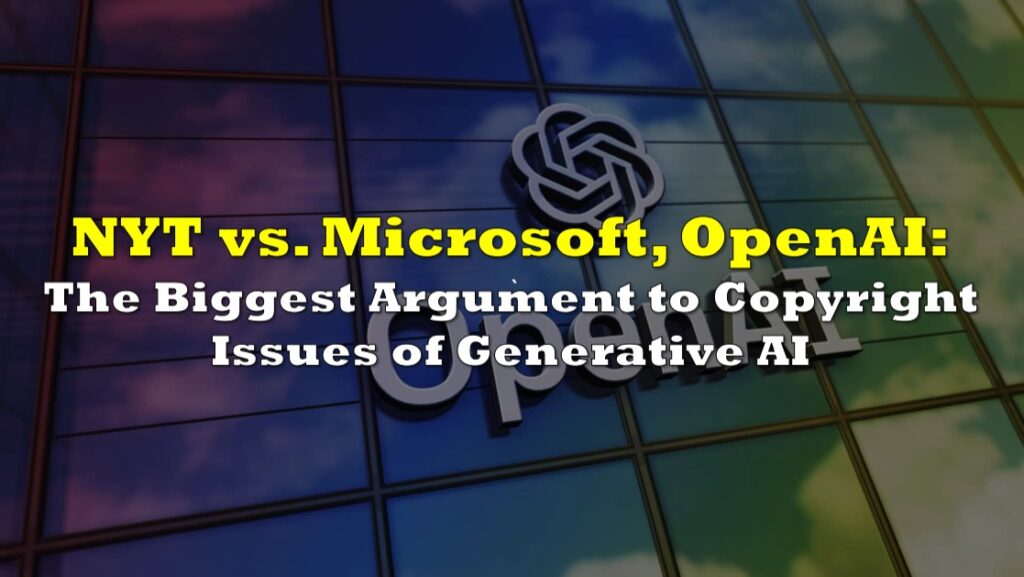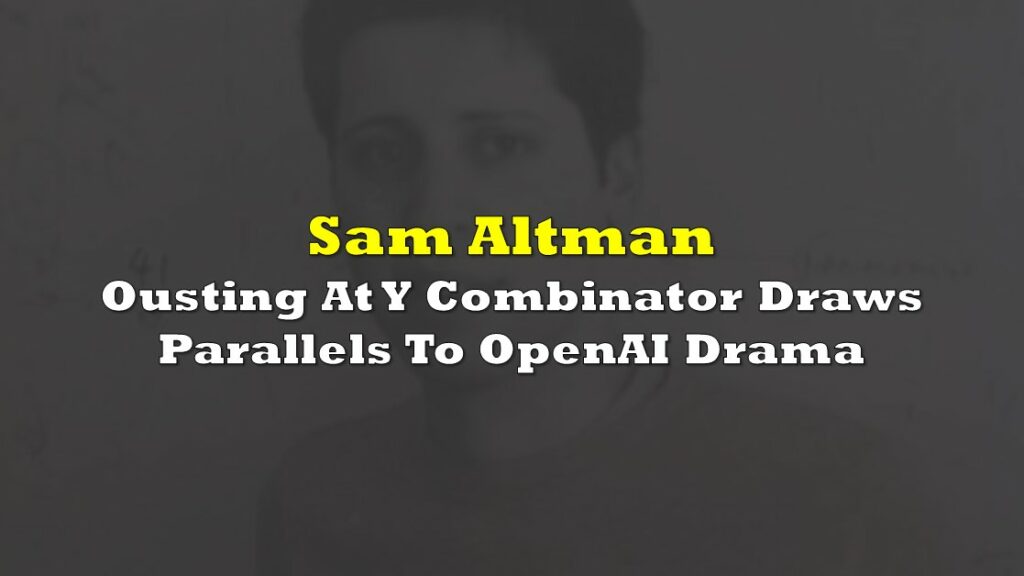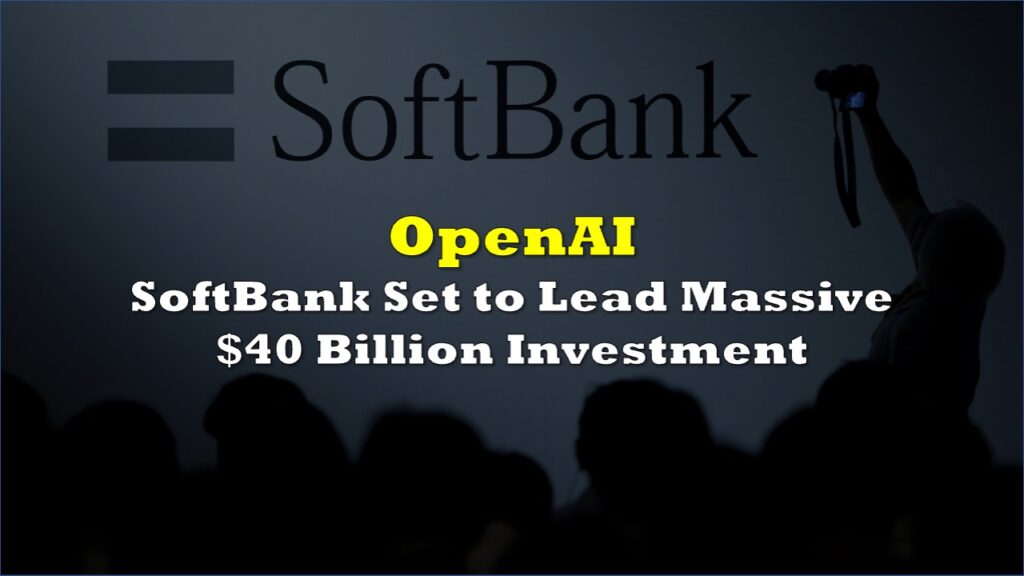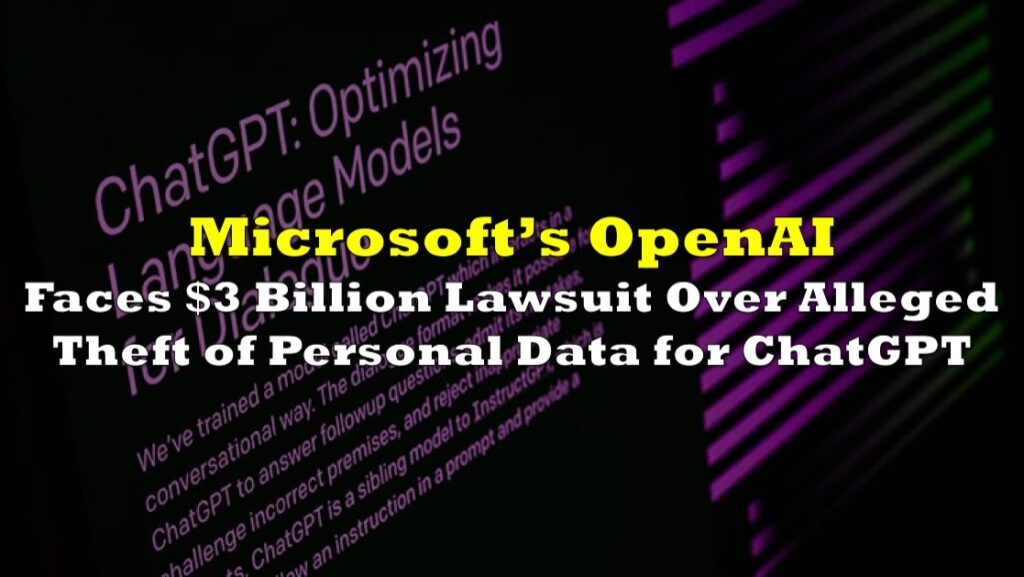OpenAI is grappling with severe GPU capacity constraints as user traffic to ChatGPT reaches unprecedented levels, according to CEO Sam Altman. The company, which recently reported 500 million weekly users, is experiencing a massive surge in demand following the release of a new image generation feature that creates Studio Ghibli-inspired artwork.
“We are getting things under control, but you should expect new releases from OpenAI to be delayed, stuff to break, and for service to sometimes be slow as we deal with capacity challenges,” Altman stated in a recent tweet.
OpenAI reportedly has to delay future launches because they don’t have enough GPU capacity https://t.co/zOkrgxeA0b
— Energy Headline News (@OilHeadlineNews) April 1, 2025
Industry analysts believe these hardware limitations will likely postpone the launch of GPT-5, the company’s highly anticipated next-generation AI model. Altman had previously hinted at a release within months of February, but those plans now appear uncertain.
The GPU scarcity follows a pattern established with GPT-4.5’s launch, when OpenAI restricted access to paid subscribers after exhausting available computing resources. Despite recently securing $40 billion in additional funding, the company continues to face mounting costs associated with GPU procurement and the enormous electricity requirements for running advanced AI systems.
In a somewhat desperate appeal, Altman called for anyone with “GPU capacity in 100k chunks” to contact the company immediately. Meanwhile, Nvidia is developing more efficient GPU architectures, though implementation will require billions in data center investments.
Also read: SoftBank Set to Lead Massive $40 Billion Investment in OpenAI
Despite these challenges, OpenAI has managed to relax some restrictions, reopening ChatGPT’s image generation capabilities to free users.
Information for this story was found via the sources and companies mentioned. The author has no securities or affiliations related to the organizations discussed. Not a recommendation to buy or sell. Always do additional research and consult a professional before purchasing a security. The author holds no licenses.

